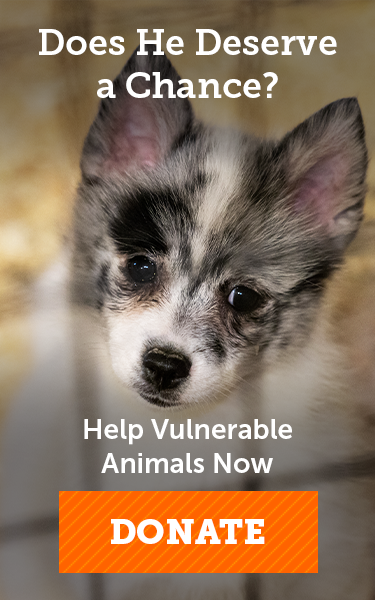Helping Animals by Helping People: ASPCA's Cruelty Intervention Advocacy Program Embraces Social Approach
Social service experts join ASPCA team as part of holistic approach to reduce number of animals in jeopardy of becoming cruelty victimsNEW YORK—The ASPCA® (The American Society for the Prevention of Cruelty to Animals®) has expanded its Cruelty Intervention Advocacy (CIA) program with the addition of a social worker and a caseworker who will work alongside animal response professionals to provide critical resources to pet owners who find themselves and their animals in unstable situations.
The CIA program, which launched in April 2010, helps address situations where, without intervention, animals in New York City would be in jeopardy of becoming cruelty victims. The innovative initiative operates within the ASPCA’s Humane Law Enforcement department and proactively addresses animal hoarding as well as other situations created when pet owners cannot adequately care for their animals due to either a lack of financial resources or other circumstances, such as domestic violence situations, medical or mental health challenges.
"In order to tackle the root causes of animal suffering and provide long-term, sustainable change, the human element must be addressed on a very personalized level," said Stacy Wolf, vice president and chief counsel of the ASPCA's Humane Law Enforcement and Legal Advocacy departments. "By working directly with individuals who are open to receiving help, we believe we can impact a large number of animals over a prolonged period of time and prevent cases of cruelty that stem from neglect."
Collectively, the CIA team works with pet owners to ensure that their animals are properly cared for through education, spay/neuter services and routine follow-ups. The social worker will focus on creating field assessments that encompass mental health, substance abuse, environmental and object hoarding components in order to gain a better understanding of how to approach a particular intervention. The caseworker will be responsible for the long-term monitoring of cases to ensure that situations do not regress, and for formulating individual case action plans utilizing social service agencies.
"A lot of what we do involves building trust and relationships, and helping the people we work with understand that our goal is to help both them and their animals," added Allison Cardona, director of the CIA program. "What we're seeing from this approach is less recidivism and significant improvements in people's behavior over time."
Since its inception, the CIA program has assisted nearly 4,000 animals in New York City that would likely have otherwise become victims of neglect. This includes providing spay/neuter services for over 700 animals. All CIA cases are closely monitored so that if a situation deteriorates, the case can be referred to Humane Law Enforcement agents.
To report suspected hoarding situations or other instances where animals may be in jeopardy, the ASPCA encourages the public to contact its Humane Law Enforcement department at 877-THE-ASPCA (843-2772) or [email protected]. Outside of New York City, individuals should contact their local humane organization or police department.

